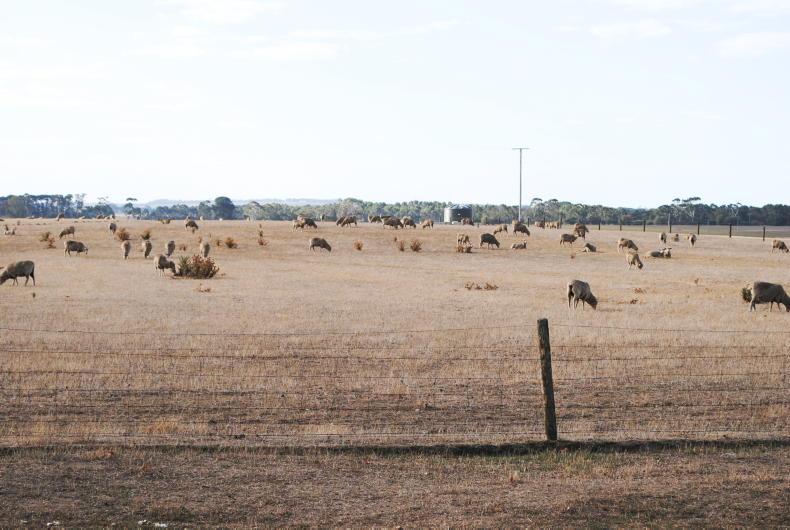Slovakia has joined with Poland and Hungary in banning grain imports from Ukraine following a surge of imports that have undercut domestic production. Ukraine is the world’s top sunflower oil producer and a major grain exporter, accounting for approximately 13.5m tonnes or 9% of all wheat traded globally.
When Russia invaded Ukraine, their main export route to market through the Black Sea was blocked and in response the EU lifted tariffs on Ukrainian grain, as well as all other goods for a year.
This was to enable Ukraine to export some grain by road and rail through Europe but with tariffs suspended, traders realised that they could now access the lucrative EU market as an alternative to their traditional markets outside Europe. Even though a deal was brokered to allow Ukraine resume shipments through the Black Sea, the EU extended the no tariff deal for another year.
This triggered farmer protests in Eastern Europe about Ukrainian grain being traded in their countries, undercutting local production, and the ban is the response from their governments.
This decision puts these countries in violation of EU policy and the EU has emphasised that any action must be at an EU level and not by individual member states.
Discussions have been ongoing in an attempt to get EU trade policy restored and bring these member states back on board. In March, the EU created a €56.3m fund from the Agricultural Reserve with €29.5m allocated to Poland, €16.75m to Bulgaria and €10.05m to Romania.
Romanian farmers protested in Brussels recently on what they believed was an inadequate allocation from this fund.
Slovakia has joined with Poland and Hungary in banning grain imports from Ukraine following a surge of imports that have undercut domestic production. Ukraine is the world’s top sunflower oil producer and a major grain exporter, accounting for approximately 13.5m tonnes or 9% of all wheat traded globally.
When Russia invaded Ukraine, their main export route to market through the Black Sea was blocked and in response the EU lifted tariffs on Ukrainian grain, as well as all other goods for a year.
This was to enable Ukraine to export some grain by road and rail through Europe but with tariffs suspended, traders realised that they could now access the lucrative EU market as an alternative to their traditional markets outside Europe. Even though a deal was brokered to allow Ukraine resume shipments through the Black Sea, the EU extended the no tariff deal for another year.
This triggered farmer protests in Eastern Europe about Ukrainian grain being traded in their countries, undercutting local production, and the ban is the response from their governments.
This decision puts these countries in violation of EU policy and the EU has emphasised that any action must be at an EU level and not by individual member states.
Discussions have been ongoing in an attempt to get EU trade policy restored and bring these member states back on board. In March, the EU created a €56.3m fund from the Agricultural Reserve with €29.5m allocated to Poland, €16.75m to Bulgaria and €10.05m to Romania.
Romanian farmers protested in Brussels recently on what they believed was an inadequate allocation from this fund.









SHARING OPTIONS